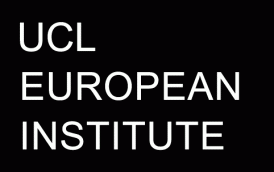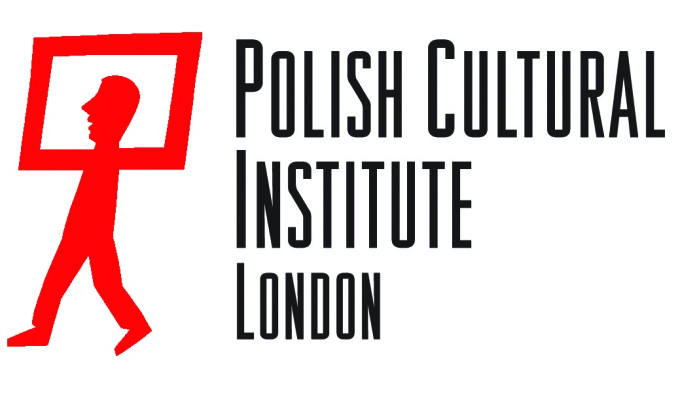Why Polish Language? Why Polish Summer School? Why Spend Summer in Poland?
come for a discussion and sharing experience over a glass of wine
31st of October at 4 pm
at UCL School of Slavonic and East European Studies, room 432
16 Taviton Street London WC1H 0BW (Bloomsbury Campus)
Within the program: Presentation by Hannah Phillips (a participant of the 2014 Summer School), discussion and sharing experinces as well as a small reception afterward.
What is Angelus Silesius House (ASH)?
The ASH is a non-governmental education and training centre. It sees itself as a meeting place for personal and professional development as it works with young people from various religious backgrounds, nationalities and cultures. There are many ways in which you can get involved. As an NGO they work locally with young people in Poland that have had a difficult start in life, running short-term and long-term schemes which vary across the year. They also work with foreign students in and out of Poland. Their summer school project aims to promote Polish language and culture whilst breaking down embedded prejudices and stereotypes associated with Poland.  Their summer school only lasted 10 days this year, so for those of you who are looking for something more long-term they also provide voluntary services. Since 2001 they have taken part in the European Voluntary Service (EVS) programme, which runs projects that can last between 2 to 12 months. In this way, you can develop your language skills, gain insider knowledge on the inner workings of NGOs and gain a new qualification. In all of their projects, including the voluntary service, participants receive free accommodation, food, insurance and pocket money. The only thing you might have to pay is a small part of your travel costs. All of this is on their website.
Their summer school only lasted 10 days this year, so for those of you who are looking for something more long-term they also provide voluntary services. Since 2001 they have taken part in the European Voluntary Service (EVS) programme, which runs projects that can last between 2 to 12 months. In this way, you can develop your language skills, gain insider knowledge on the inner workings of NGOs and gain a new qualification. In all of their projects, including the voluntary service, participants receive free accommodation, food, insurance and pocket money. The only thing you might have to pay is a small part of your travel costs. All of this is on their website.  To best illustrate this organisation’s work and the opportunities it offer, I will guide you through some of the activities they arranged whilst I was participating in their summer school project. (Hannah Phillips)
To best illustrate this organisation’s work and the opportunities it offer, I will guide you through some of the activities they arranged whilst I was participating in their summer school project. (Hannah Phillips)
Opinion of Klaudia Konkolova (a participant of 2014 Summer School):
Between 10th– 20th September, 2014 I had the chance to participate in a wonderful project: Szkoła letnia z Polską II in the beautiful historic city of Wrocław. The project was co-funded by the Polish Ministry of Foreign Affairs (Ministerstwo Spraw Zagranicznych) and organised by the Dom Spotkań im. Angelusa Silesiusa. 23 students studying Polish language from different partner universities all over Europe were given the opportunity to discover Polish culture from within and improve their language skills by attending professionally taught language classes and communicating with each other and the Polish organisers in Polish. The language skills improvement is not the only positive achievement we will be bringing home. The visits organised at different important institutions based in Wrocław gave us an insightful look into the contemporary situation in Poland, the lecture by the famous Polish language specialist prof. Jan Miódek made us appreciate more that even though in Europe we speak so many different languages, at the heart we all belong into one Indo-European group*, we visited the vibrant city of Łodź over the weekend, and even got a first-hand experience in film-making! The accommodation and food was provided for. Even up to 70% of the travel expenses were covered by the organisation. It is a pity, we only had ten days for uncovering the marvels of Polish cuisine, which is really savoury and manifold. Personally, I would be up for trying out of a new type of pierogi andzapiekanka every day. Last but not least, the people participating on the project were all very friendly, open, tolerant and keen on meeting new people and getting to know them better and making friends with them was perhaps the most valuable outcome from the whole project. *With the exception of Finnish, Hungarian, and Estonian, which belong to the Finno-Ugric group.




Recent Comments